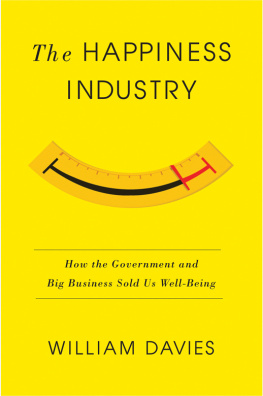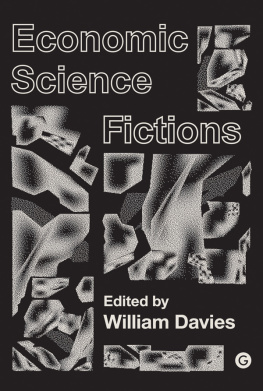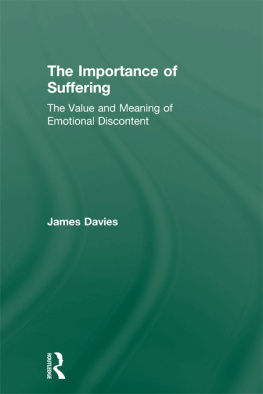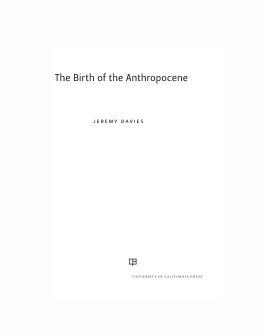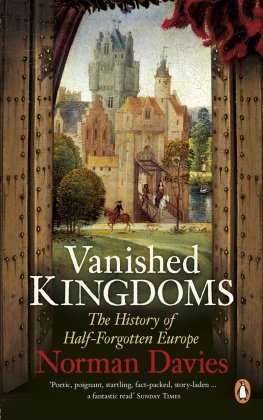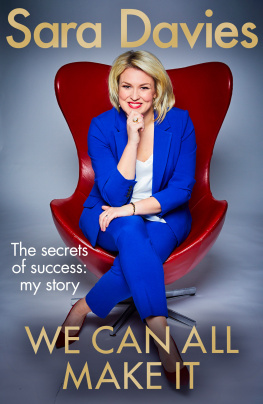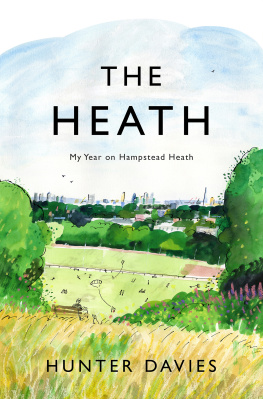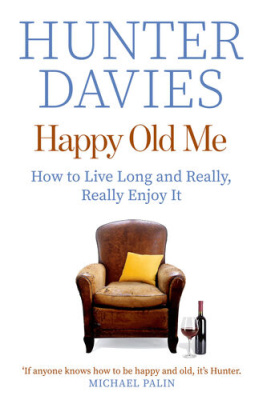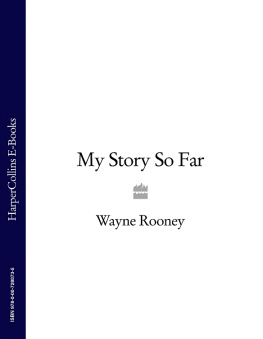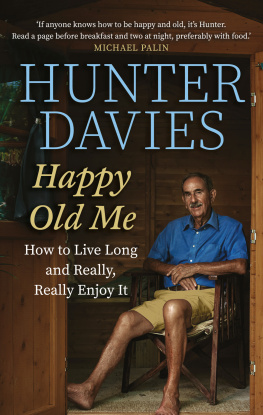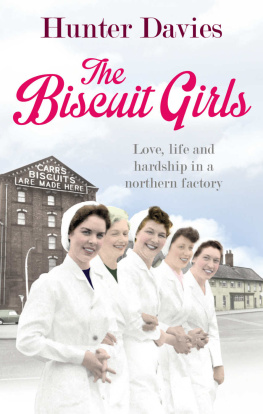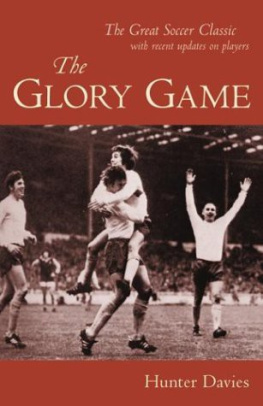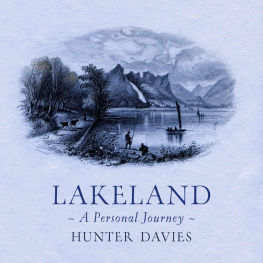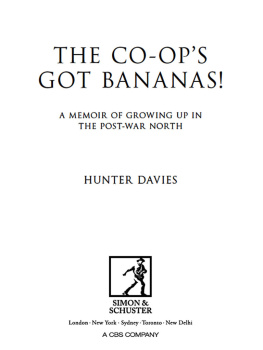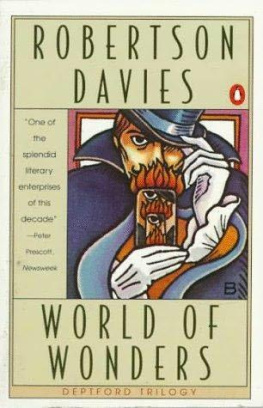For Margaret,
obviously, so lost without her
H APPY D AYS
You dont often feel blessed at the time, only when you look back, but every day, every moment of the year 1960, I was actively aware and grateful for all the wonderful things that seemed to be happening to me.
Margaret of course was the number one happening. I could hardly believe she had agreed to marry me, which we did on 11 June 1960 at Oxford register office. The fact that I failed my driving test the day before, so our best man had to drive with us on the first stage of our honeymoon, was not a bad omen, did not seem like a worrying way to start a marriage, for I never believe in bad omens, preferring to smile and whistle, always look on the bright side, all is for the best, which is what I do, even though I know of course it is mostly total rubbish. As anyone who gets to the age of eighty well knows. Or even eight years old.
I did the actual driving. Mike Thornhill sat beside me. Margaret cowered in the back. There was an L plate on the car, front and back. That could also be seen as symbolic. We were aged twenty-four and twenty-two, still learning about most things in life, but it didnt feel like that.
Margaret was always middle aged and, also, more surprisingly, middle class, in that she had tastes and confidence, social skills and attitudes, which belied the background and family she had come from, the rough council estate with her dad going off in his boiler suit each day to the Metal Box factory. I dont really know where she had come from, how she got formed, but I could see it from the moment I first met her, back in 1956, when she was still at school, aged seventeen, and I was nineteen.
I was two years older, but only on paper. I had no idea what my tastes were, what I thought, what my opinions were, being ever so young for my age. Thats what people told me. I looked young and acted young, which does not sound too bad, or juvenile and childishly enthusiastic, which is not so good but probably more accurate.
In 1960, at the time of our wedding, I was still being taken for young, which I was beginning to think was not all that much of an advantage. The opposite, if anything. I could tell when I started going to interview people for the Sunday Times they would often be slightly taken aback: could this callow youth really be on that paper, can we take him seriously?
Harold Wilson suffered from a similar problem. He became an MP in the Labour landslide of 1945 and Attlee made him President of the Board of Trade while still only thirty-one, making him the youngest Cabinet member in the twentieth century. I later asked him if it had been hard to be taken seriously and he said that was the reason he grew a moustache.
I have worn a moustache most of my adult life, but I didnt start one till much later, and then the reasons were laziness rather than trying to look mature. I always had such a strong dark growth and would often need to shave twice a day if I was going out in the evening. I reckoned having a moustache would give me less face to shave. Oh, I was so virile in those days. Should I therefore have grown a moustache at twenty-two, not thirty-two, in order in 1960 to look the part of whatever part I was playing? Do I regret it? Stupid question. Wouldnt it be great if, as we went through life, growing or not growing a moustache, or having a fringe, dyeing our hair, was up there with the Big Things we now think we should not have done.
Mike did not actually come on the honeymoon. He dropped us off at our new London flat, then next day Margaret and I flew off to Sardinia. It was the first time Margaret had flown in a plane but I had flown to Cyprus as a war reporter the previous year, when working on the Manchester Evening Chronicle . An experience I boasted about for years, saying I had been a war reporter, oh yes, even though I had only been there two weeks on an Army PR facility visit.
It was John Bassett who suggested Sardinia. He was a friend of Margarets from Oxford, who went on later to help bring the four Beyond the Fringe members together, all of whom had been at Oxford or Cambridge Alan Bennett, Jonathan Miller, Peter Cook and Dudley Moore. I think Johns mother had some connection with Sardinia. We liked the idea of going to an island, not a mainland place, and told ourselves we would always have our holidays on islands, from now on.
We went on one of the earliest package holidays run by Horizon Holidays, the pioneer of post-war packaged hols. The notion of all-in tours had been created by Thomas Cook in 1841, when he organised a trip for temperance supporters between Leicester and Loughborough. He went on to organise packaged trips all over Europe and Egypt. But in those days they always went by train or boat.
Horizon, in 1950, was the first British company to run their package trips by plane, flying from Gatwick on charter planes to places like Corsica and Sardinia. In just a few years, one million Brits were going on packaged hols every year, mostly to Spain, their hotels, meals, flights, transport, all part of the package. It created a social revolution for ordinary Brits who otherwise would not have attempted going to any of those funny foreign places, not on a plane, not on their own.
I had interviewed the founder of Horizon just a few weeks earlier, Vladimir Raitz, a White Russian, who had come to London as a boy, studying at the LSE and working first as a journalist, before starting Horizon.
His office was in one of those streets behind Oxford Street, in Newman Street, traditionally a rag trade area. When I pass that way today, I still think about going to see him, but then I do that all the time, every day, everywhere in London. I am continually remembering going to certain houses, offices, streets to interview people, now going back almost sixty years ago.
I contacted Mr Raitz, after we had decided on Sardinia, reminded him of our meeting, and that I had written an Atticus piece about him, and managed to get out of him a 10 per cent discount on the holiday. I never revealed this to Margaret. She would have been appalled at my cheek and meanness. Getting a discount on ones honeymoon, how unromantic, how penny pinching. All true.
We stayed at a little hotel in Alghero where the head waiter, Constanzo, took a shine to us, amused by us being a honeymoon couple. Every meal, even breakfast, when we asked what was on the menu, he said freedmeexedfeesh . That was the extent of his English. He was very ugly and bald and seemed very old, probably about forty, but he had the most stunning, luscious-looking teenage girlfriend. He had a little Fiat and used to take us out with her on his day off. Strange how you can remember, decades later, hotel waiters, yet its unlikely they can ever remember you, once you have gone.
Towards the end of the holiday, I discovered a large spot on my bottom, which turned into a boil, which turned into a source of awful agony, Ivy. In the end I got the hotel to call an emergency doctor. She came to our bedroom, threw me on the bed, pushed and pummelled the boil. She was a large woman, with large muscles, and had clearly missed out at medical school when they taught the principles of charm and bedside manners.
I closed my eyes, trying not to show she was hurting and heard a crash on the floor. Margaret had fainted. I could stand it, being a man, being brave, but she couldnt stand me having to stand it. When she came to, the doctor said, Un peu de courage, Madame, in French. She did not speak English and we did not speak Italian, but I had boasted I spoke French. I did get an O-level in French, after a resit when I went to the grammar school.



